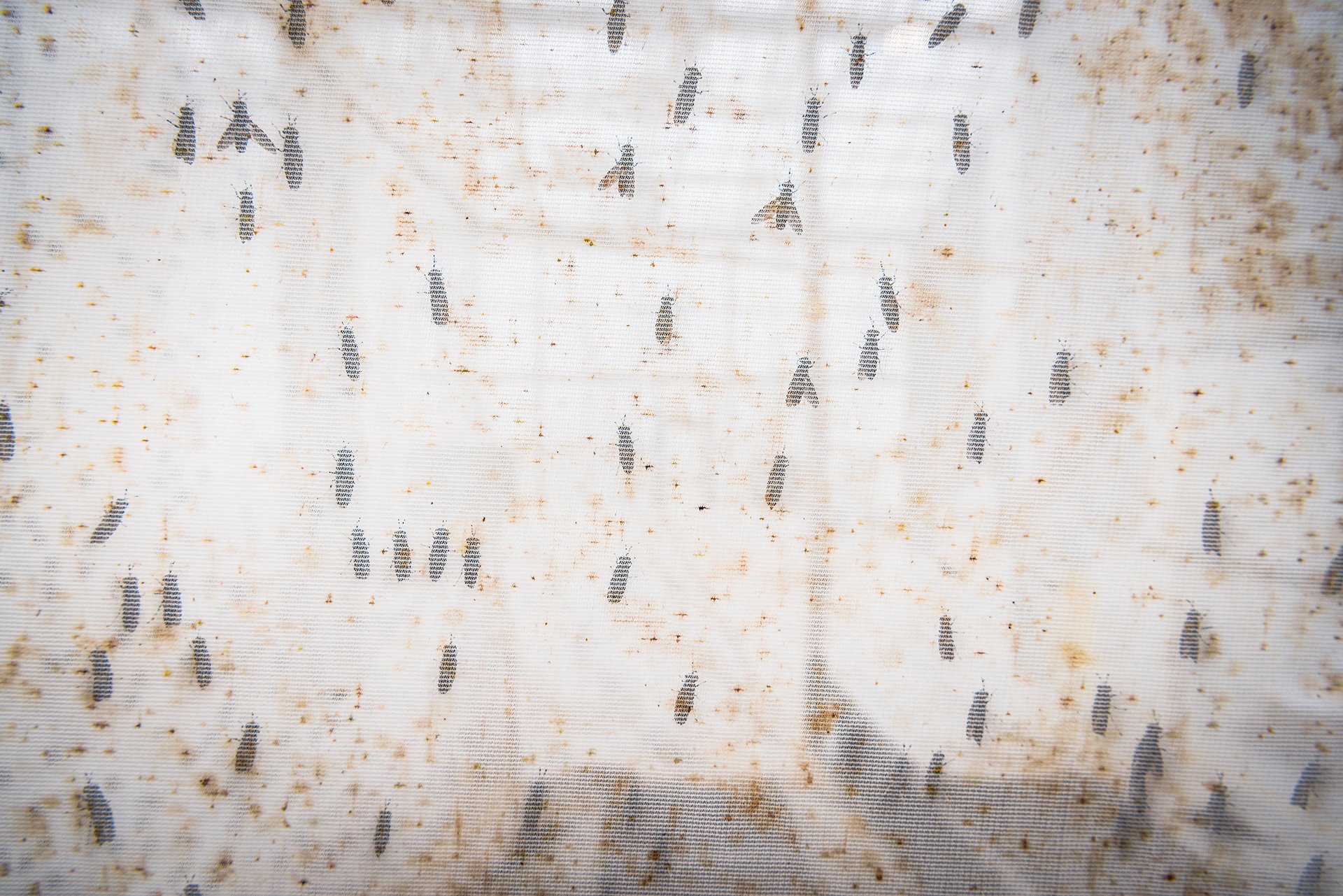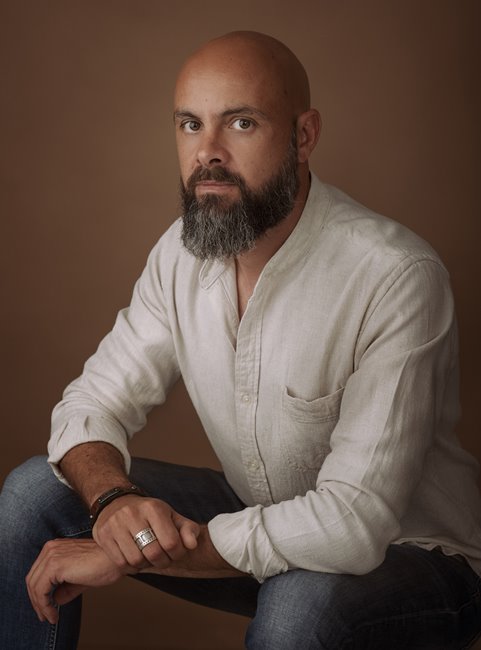Black soldier flies lay eggs in a gauze enclosure , at an insect-protein production plant in Nesle, France. The site produces up to 10,000 tons of insect protein and oil annually, derived from black soldier fly larvae, transforming it into animal feed and fertilizer. The insect protein makes a more sustainable alternative to fishmeal and vegetable oils in, for example, fish and poultry farming and enriching soil for crops. More than 20,000 insect eggs are collected per second without human intervention, using artificial intelligence and optical recognition technology.
This project documents different technologies that offer possible routes of transition to a net-zero economy. The photographer visited innovative facilities across Europe, from Iceland to Italy, from 2020 to 2022.
Human-induced climate change is the largest, most pervasive threat to the natural environment and society that the world has ever experienced, according to the UN Human Rights Office, OHCHR. This prompted the European Union to establish targets to cut greenhouse emissions by at least 55 percent by 2030 and to reduce them to net-zero by 2050. European companies seeking ways to achieve these goals are exploring renewable energies, new technologies for food production, and the circular economy as potential ways forward.

